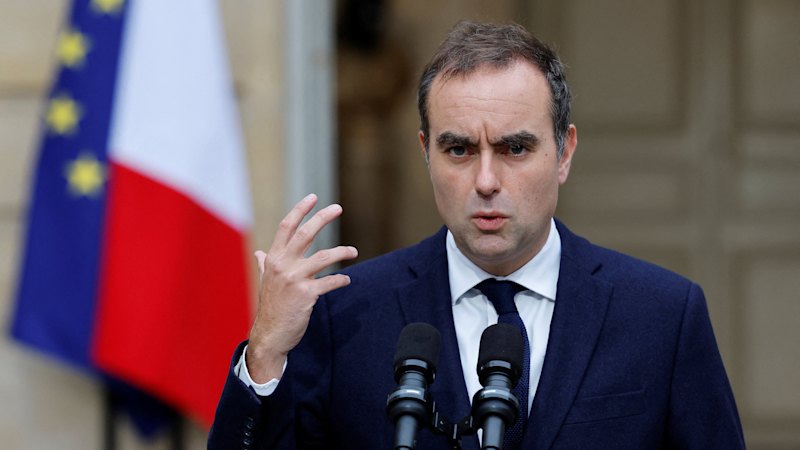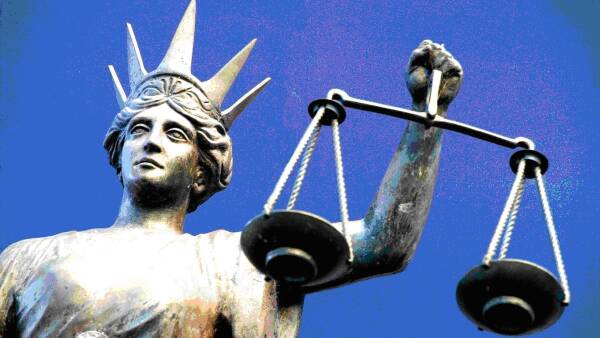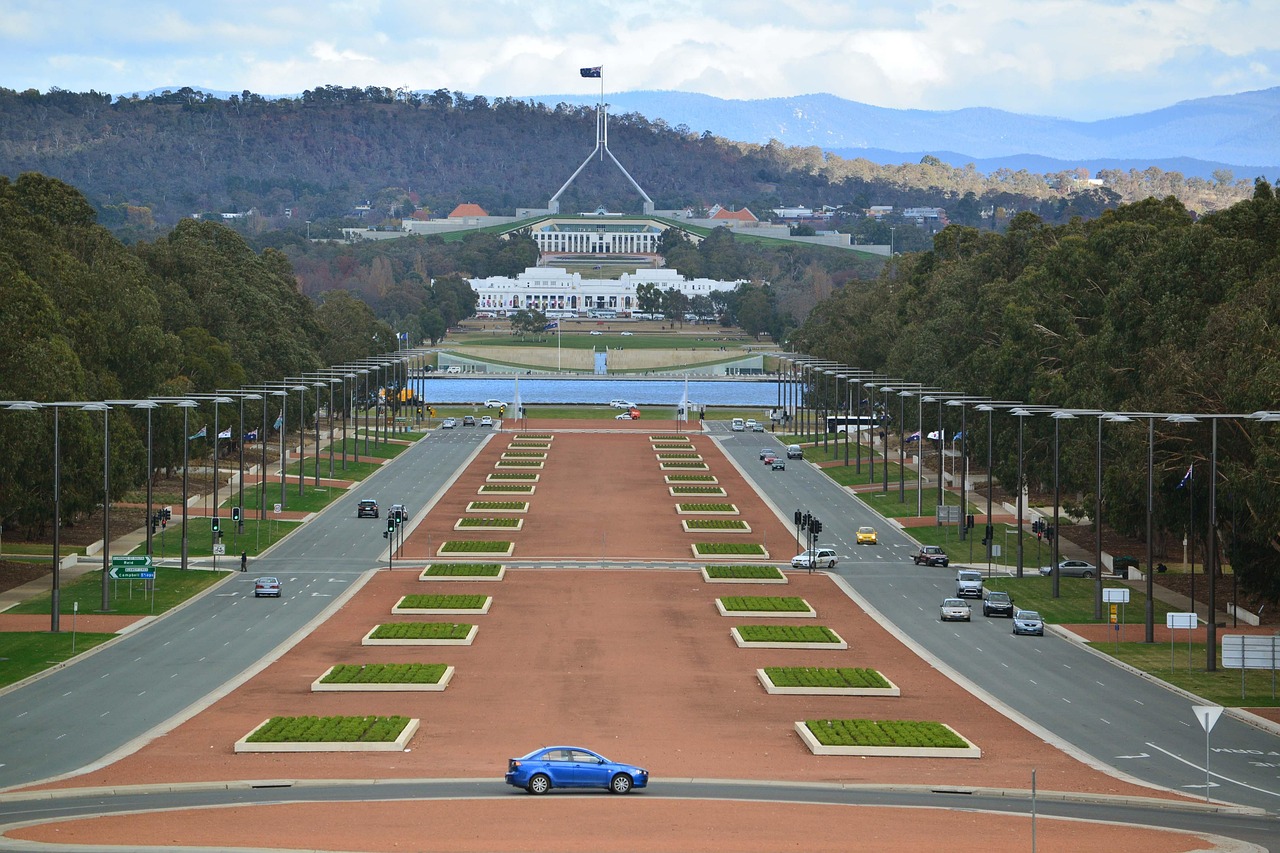
French President Emmanuel Macron has made a significant move in French politics by reappointing Sébastien Lecornu as Prime Minister just four days after his resignation. This unexpected decision aims to reinforce Macron’s agenda amid a fragmented National Assembly and to counter demands from political rivals for new elections. Lecornu was tasked with forming a new government, emphasizing the necessity of addressing ongoing budgetary issues that have plagued the assembly.
The swift reversal of Lecornu’s departure marks a critical moment in Macron’s leadership as he faces increasing pressure from various factions within the parliament. Lecornu is now the fifth individual to hold the prime ministerial position in two years, highlighting the instability within French politics since Macron’s re-election in 2022. In a statement on social media, Lecornu expressed his willingness to accept the role out of “duty,” stating his mission is to ensure a budget is in place by the end of the year and to tackle daily challenges faced by citizens.
Lecornu’s reappointment effectively quashes hopes for a new prime minister from left-wing parties, which had been actively negotiating with the president to resolve ongoing disputes regarding budget deficit reduction measures. The left-wing coalition had anticipated a shift in leadership that could potentially facilitate a more collaborative approach to governance.
The political landscape has become increasingly tumultuous, with right-wing parties, particularly Marine Le Pen‘s National Rally, expressing their discontent over the lack of new elections. The National Rally, which holds 138 seats in the National Assembly, has demanded a return to the polls to address what they perceive as a deepening political crisis. Le Pen’s party remains staunchly opposed to any budgetary deals proposed by Macron or his allies.
Lecornu outlined four key conditions intended to restore stability within the new government. He emphasized the importance of engaging in full parliamentary debate on upcoming policies, particularly the budget, which has faced significant delays due to disagreements over tax increases and expenditure cuts. He reiterated the necessity of restoring public finances as a priority for the nation, insisting that no one can ignore this critical issue.
In a notable stipulation, Lecornu announced that all members of the new government must renounce any ambitions to run for the presidency in 2027. This condition could potentially eliminate major political figures who are vying for influence within the party ranks. Additionally, Lecornu reiterated the need for a cabinet that reflects renewal and a diversity of skills, a departure from the previous cabinet that he had formed just prior to his resignation.
The current political impasse has raised concerns among party leaders, including Marine Tondelier, leader of The Ecologists party, who questioned the efficacy of a prime minister hailing from Macron’s centrist coalition amidst a divided assembly. Tondelier remarked, “The impression we get is that the more alone he is, the more rigid he becomes,” suggesting that the current strategy may not yield favorable outcomes.
As the political climate intensifies, the Socialist Party, which holds 66 seats alongside other leftist groups, has also expressed a willingness to negotiate. However, they insist that a new prime minister should emerge from their ranks, a condition that Macron has so far rejected. The Socialists are advocating for a 2 percent wealth tax on the wealthiest 0.01 percent of the population, a proposal that has garnered public support but faces significant opposition from conservative factions.
The political turmoil in France continues to unfold as Macron navigates a complex landscape marked by fragmented party alliances and competing interests. The reappointment of Lecornu may be a strategic attempt to stabilize his government, but it remains to be seen whether this move will alleviate the ongoing crisis or further entrench divisions within the National Assembly.







